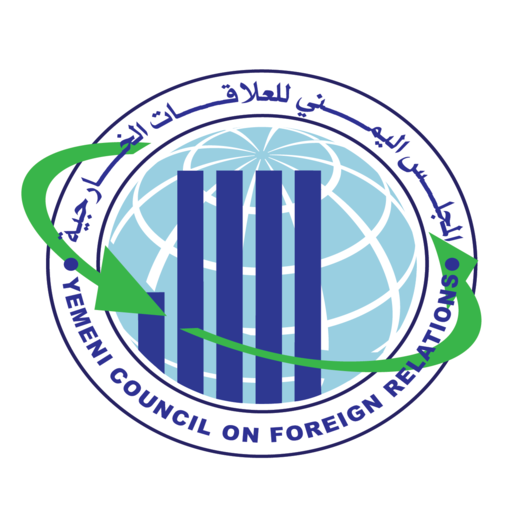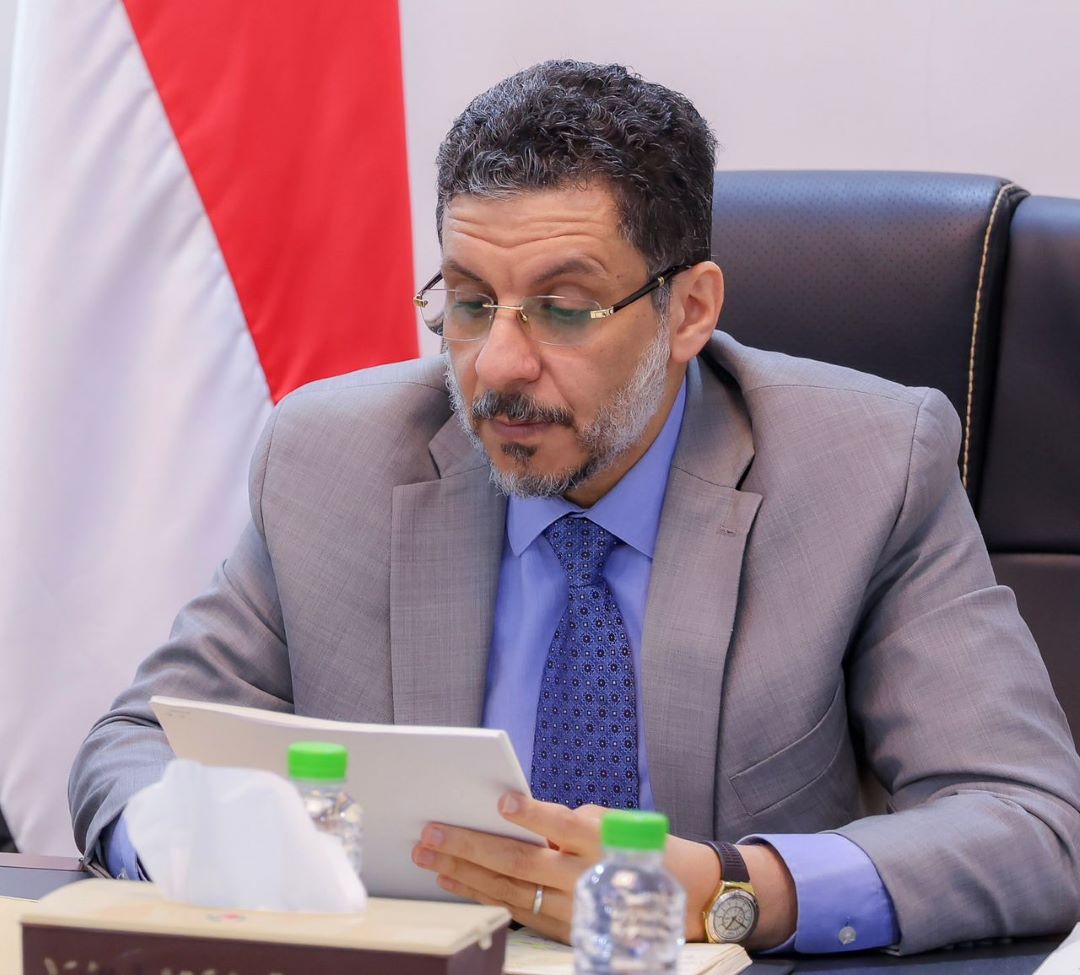Source: Prime Minister’s Office
Prime Minister Dr. Ahmed Awad bin Mubarak affirmed that combating corruption and enhancing transparency and accountability is not just a slogan, but an approach and a stance that the government is working on with all diligence and credibility, and it has been a top priority since he was assigned the premiership, as it is considered a crucial issue for restoring the confidence of citizens and the regional and international community in the government.
He stressed that the battle against corruption is, ultimately, not a battle fought solely by the Prime Minister, its members, or the Presidential Leadership Council, but rather a battle of awareness that must accompany all the steps taken in this regard. This necessitates a genuine understanding and broad popular support from the people, political, cultural, and media elites, and their realization that combating corruption is everyone’s battle.
This came during a telephone intervention by the Prime Minister on the “Yemen Studio” program on Yemen TV channel on Tuesday evening, during which he reviewed what has been implemented within the priorities of his work since assuming the premiership, foremost of which is enhancing accountability, transparency, and combating corruption, after receiving the results of the Central Organization for Control and Auditing’s (COCA) review report on the work and performance of several government institutions and entities and the subsequent steps taken. He affirmed the full commitment to strengthening the work of institutions and protecting public funds not only in the financial aspect, but also in the administrative aspect. He said, “Often, corruption is viewed as the looting of public funds, and we overlook another aspect, which is the failure to carry out administrative tasks and functions in institutions, and many opportunities that could achieve cohesion have been lost.”
Dr. Ahmed Awad bin Mubarak pointed to the government’s seriousness and keenness to deal with COCA’s reports, and as soon as he received them, whether the previous reports before assuming the premiership, which he referred directly to the Public Prosecutor, or the reports on the institutions whose activities he began following up on and his visit to COCA as his first task, requesting them to review their work. He said, “As soon as I received COCA’s reports, I referred them to the Public Prosecutor, and before referring them, we developed a reform matrix for these institutions, and I directed messages directly to the concerned institutions and ministries to undertake a set of reforms, and those whose nature of deficiencies and bad practices rise to the level of a crime, we refer them directly to the Public Prosecutor.”
He explained that the Public Prosecutor has initiated investigation procedures regarding the Aden Refinery, the irregularities that occurred in a contract worth $180 million over the past nine years, and the large sums of money paid by the government for this contract without its implementation. He confirmed that there is a major flaw in many of the contractual details regarding an important institution. If the procedures had been carried out correctly and there had been responsibility, transparency, and accountability from the beginning, we would have saved the country billions of dollars spent on purchasing oil derivatives due to a malfunction in the work of these institutions.
He added, “We have identified several institutions that we believe should be supportive, supportive, and contributing to state revenues, and we have identified five key sectors in this framework, and we have begun working extensively with the Ministry of Finance in this aspect, in addition to identifying areas of expenditure, including the purchase of oil derivatives, as more than 31% of our expenditures go towards purchasing derivatives for electric power, and we have started reforming this sector by activating the work of the tenders committee, and we have achieved many savings of up to 40% and 45% in this sector.”
The Prime Minister pointed out that the battle to complete the restoration of the state and end the Houthi coup, which is trying to impose its sectarian and tribal options on the Yemeni people, who will not accept them, is paralleled by the same determination in the battle against corruption, enhancing transparency and accountability, financial and administrative reform, and establishing effective institutions worthy of the Yemeni citizen and worthy of Yemen to take its place among other countries in the region and the world.
He added, “I mentioned that corruption is a crime under normal circumstances, but in times of war it is high treason, because we are in the context of a major confrontation with the Houthi militia, and what distinguishes us from this militia, which plunders under many titles in addition to killing our people and looting the state, is our respect for the rule of law and order and the establishment of the civil state that we have talked about a lot.”
Dr. Ahmed Awad bin Mubarak touched on the government’s procedures for dealing with institutions that refuse to interact positively with COCA, and the attention it pays to this aspect, with the full support of His Excellency the President of the Presidential Leadership Council and the members of the Council. He reiterated that the fight against corruption is a top priority and of real importance in his work as Prime Minister, and work is underway to study all options and ensure that the steps are well-studied, effective, and serve the interests of the citizens. He said, “No matter how loud the voices are and how much resistance is practiced here and there, but it is a file that I assure you we will pursue, God willing.”
The Prime Minister pointed out that the path to combating corruption is difficult and will not be easy, especially in the current exceptional circumstances, but with a clear vision, will, and the cohesion of institutions, which we are working on, we will see the fruits of that and we will succeed in our battle. He stressed that entering this battle is not for the sake of seeking quick, illusory victories, and it is not just about announcements, but the basis is to preserve institutions and present complete cases that guarantee the accountability of those who commit corruption, and serve as a lesson for others so that it does not happen again.

